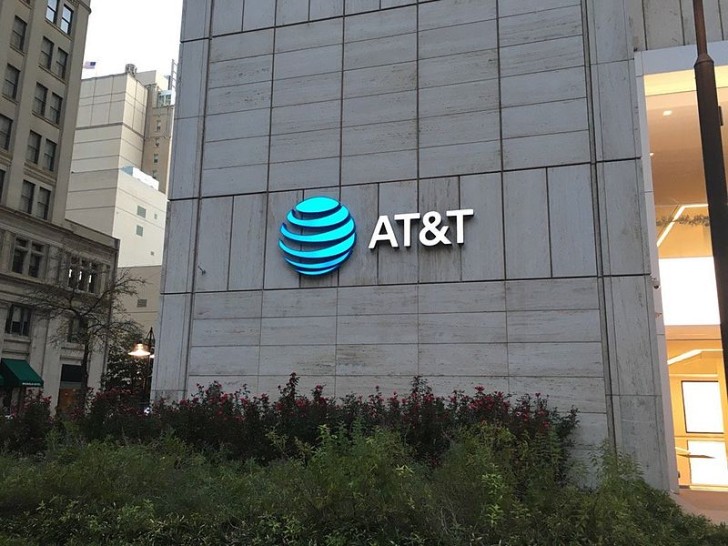Micro Culture Transactions
The application to the U.S. Patent and Trademark Office (USPTO) tells of a system where AT&T will create a history of “micro culture transactions” of subscriber data such as times when particular places are visited, interaction with other users and sharing of information. According to the application, “The social media history map platforms described herein may take advantage of the immutable and permanent nature of blockchain records to store, and provide access to, data representing online transactions that occur on multiple social media applications” and that the data “may have enormous value in e-commerce, marketing, and targeted advertising.”
AT&T’s application also speaks of ownership of data, which it says will be truly owned by the users as data generators and will have control over what and how much data others can access, “instead of passing ownership of blocks or data between users, a social media account owner maintains primary ownership of his or her online transaction data. What passes from the social media account owner to other users of the social media history map service, such as followers of the social media account owner, is a notion of elevated visibility rights.”
Data Sharing
While the exact practical application of the system may be vague, there are many platforms already working on giving some of the marketing and targeted advertising aspects AT&T talks about in the patent. DataBroker DAOis developing a marketplace where users can sell all kinds of personal data. While AT&T talks about recording the data and giving users the rights to share it, DataBroker DAO takes it a step further by allowing data generating users to monetize the data sharing.
AT&T’s patent filing reflects a growing trend of American tech giants that have been heavy weights even before modern ones like Facebook and Google. Xerox was awarded a patent last Novemberfor a blockchain based document alteration system, which allows tracking of any changes made in a document to combat fraud and tampering.
American Express has also filed a patent for recording and transmitting an image of receipt. The image will be digitized through an optical character recognition algorithm (something that has been around for more than a decade) and match it with transaction histories to ensure payments have been made correctly.
 Saad Ullah
Saad Ullah

 Saad Ullah
Saad Ullah


